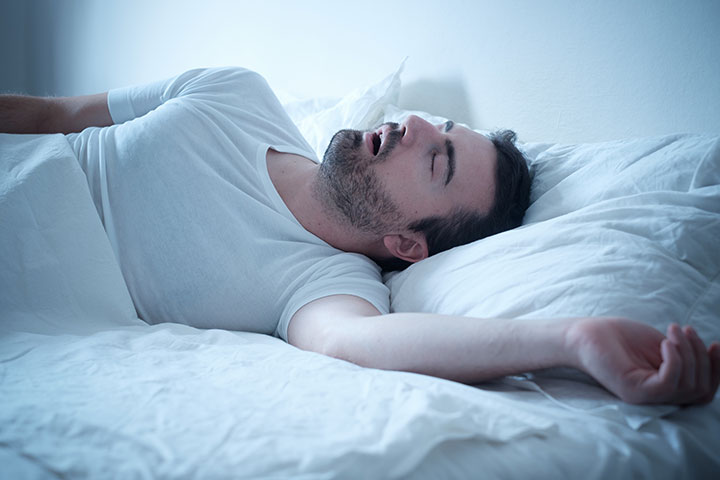We’re in the last week of summer, and many residents in the Clear Lake area are getting ready for the shift in season. However, those with back pain may be wondering what the new season means for their spine. As a leader in spine care, Houston Physicians’ Hospital understands that no one wants to suffer from back pain this season, so we’ve laid out some tips to help protect your spine this fall:
- Take Breaks from Activity
As the leaves fall during the new season, you may find yourself raking often. Be sure to take frequent breaks to help protect your spine. A study published in the journal Ergonomics shows that those who take frequent breaks from strenuous activity had significantly reduced back pain (1). Try taking a 5-10-minute break every hour as you rake leaves or do any other activity this fall to give your spine a rest and prevent discomfort.
- Keep an Eye on Your Posture
A frequent cause of back pain is poor posture. No matter what activity you do this fall, be sure to maintain proper form to avoid pain or injury of the spine. A study published in the journal Applied Ergonomics suggests a connection between improper posture and back pain, in which static and flexed postures causing discomfort in both the lower and upper back (2). To maintain your posture, pay attention to keeping your spine straight and avoiding any positions that cause strain or discomfort in the neck. Additionally, wearing supportive shoes can help aide in your posture.
- Stay Active
Just because the weather is cooling down doesn’t mean you can’t get your daily exercise in. The Journal of Physiotherapy published a study in which those who engaged in stabilization exercises reported a decrease in their chronic back pain (3). Be sure to keep active by joining a local gym for some indoor training when the weather isn’t ideal for outdoor exercise. Alternatively, there are plenty of indoor spine-strengthening workouts that can be completed from the comfort of your own home. No matter where you exercise, keeping active this fall can help keep you pain-free all season long.
- Take Some Time to Stretch
No matter if you plan on exercising or hanging fall decorations around the house, always take some time to stretch before any periods of extended activity. The journal Sports Medicine states that recent studies have shown that stretching before activity can be an important factor in preventing injury (4). Protect your back by doing some spine-focused stretches before activity, which can also prevent soreness the next day.
Don’t let back pain keep you from enjoying the season! Give the Spine Solutions Center at Houston Physicians’ Hospital a call at 832-340-2134. We’re the leading name in spine management for the Clear Lake area.
- https://www.tandfonline.com/doi/abs/10.1080/00140139508925107
- https://www.sciencedirect.com/science/article/pii/S0003687004000055
- https://www.journalofphysiotherapy.com/article/S0004-9514(06)70043-5/abstract
- https://link.springer.com/article/10.2165/00007256-200434070-00003



